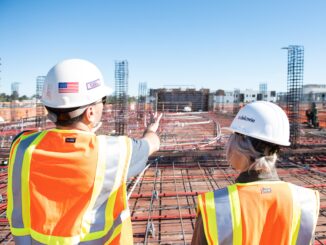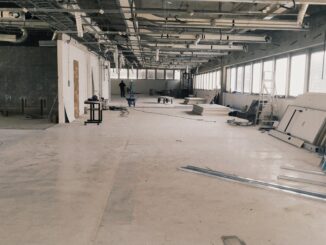Most job descriptions will specify the number of hours that someone is expected to work in their role, often with a caveat that they may need to be flexible or on occasions work extended hours.
Whilst this can sometimes be really accurate, oftentimes the reality of work hours in a job is dictated to by the nature of the role itself, whether or not overtime is paid.
In farming, it is clearly understood by most people who work in any role, that long hours are the norm, pretty much all year round. Some experts estimate that between 60 and 80 hour work weeks our common on a lot of farms during peak seasons and at different times of the year.
Long work weeks pose real problems in terms of health and safety, the most obvious one being that people get tired, and when people get tired they make mistakes.
This is when dangerous situations can become even more dangerous or normal situations can become unstable and present a risk, especially around operating machinery or being around different types of chemicals or hazardous substances.
Sometimes long hours are caused by problems that could be termed production problems. This is where a normal working procedure or environment is seriously affected by difficult weather conditions or when operating machinery or vehicles breakdown or they don’t work properly.
These issues have to be resolved before the work can continue and often creates a really intense pressure that puts stress on the individuals working in the situation.
Training
Many industries and businesses have moved to introducing structured training programmes and induction periods for new workers, which can greatly increase the individuals knowledge and understanding of the role they are performing.
In farming and agriculture this tends not to happen. People who work on a farm tend to learn the business through experience and watching other people and how they do the role.
This can be good if their mentor or role model knows what they are doing but it is also possible they can learn bad habits or wrong procedures for doing a job as well.
Most farm workers will be expected to be able to move around the farm and do most types of jobs themselves if needed. There is an expectation of flexibility once someone has experience and is capable of doing a particular role or job.
This means that individuals may be expected to doing certain types of jobs or roles that they are not really comfortable in doing, often with little backup or guidance from anyone to help them.
Depending upon the type of work, this obviously means that they are at greater risk of dealing with an emergency or accident, either one they are involved in or they may need to help someone else involved in an incident nearby.
Training and ongoing assessment is a crucial part of all health and safety work in any environment, especially on a farm or agricultural business, especially where family members are the main workforce.
It is crucial that there is an awareness of this, and where possible some type of formal training involved especially where there is any machinery or equipment that needs to be operated, and that age relevant decision making is put in place regarding who uses or operates the machinery or equipment.
Most farms work in what is known as an uncertain environment.
This type of work appeals to some people and terrified others. Whether someone likes it or not this type of uncertainty creates more room for potential risks in all areas of operations.
This means that the nature of potential hazards is also uncertain at times, in part owing to the type of weather, the financial uncertainty of crop or livestock production, and increasingly the use of technology and how this will impact the nature of farming as to how farms operate in the future.


